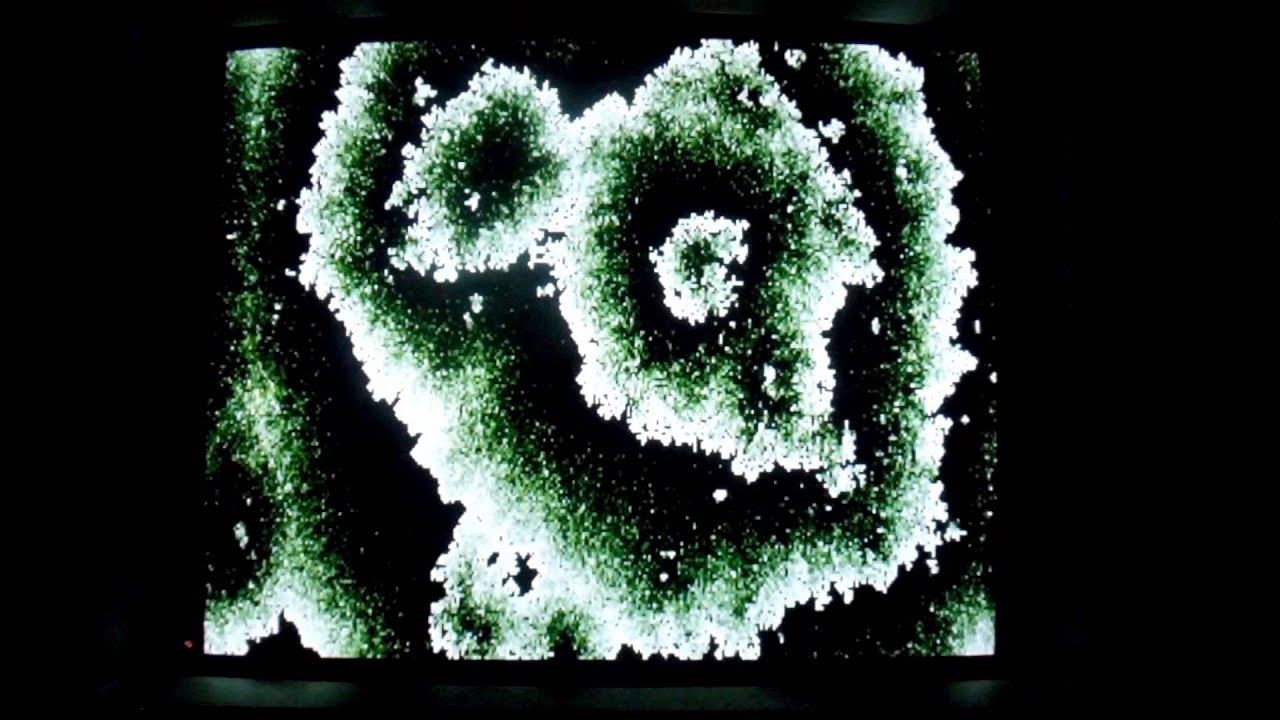











School
for
Poetic
Computation

The course looks at the history of computer viruses and malware both from an analytical perspective ("what are these things and how do they work?") and an aesthetic perspective ("is a virus designed to display an animation on a strangers computer an artwork? a crime? both?"). We will read and discuss, experiment with new technologies, and create creative work in response to the topics we cover. In addition to low level terminal commands, the course will use browser extensions as a creative medium to explore some of the aesthetic possibilities of malware art in a safe, non-destructive way. By the end of the course participants will have a working understanding of a range of cybersecurity topics as well as a creative way in to some of the thornier issues in computing.












Images courtesy of teachers, participants, class documentarians and guests.
Participants will be expected to do 1-2 hours of reading each week to prepare for class and to participate in discussions. Participants will also receive prompts each week to creatively respond to the topics covered in class and are expected to share a response in class at least once. At the end of the class participants will be expected to submit something to a digital class anthology.
This class will assume no prior programming experience and will make frequent use of examples and template code to get everyone up and running quickly.
This class may be for you if:
This class may NOT be for you if:
Todd Anderson is a digital poet, software artist and educator based in New York City. He has been making experimental software art for over 10 years including the live interactive poetry project Hotwriting, the Chrome Extension ARG 'An Experience', the performance-inside-the-browser extension HitchHiker, and multiple plays and performances with the multidisciplinary group H0t Club. He is perhaps best known as the host and curator of WordHack, the monthly language+technology talk series in NYC running every third Thursday since 2014.
he/him
· website
· twitter
· instagram
Herdimas appropriates the affordances of technology to emulate religious ecstasy and altered states of consciousness through contemporary takes of Indonesian ritual performances in digital and/or physical spaces. He breaks the sense of familiarity of platforms that he occupies in to give them a sense of agency over their preconceived ideologies. He received his MFA from Yale School of Art in 2021.
he/him
· website
· twitter
· instagram
Applications open until Applications closed on September 9, 2022.
You can expect to hear back from us about the status of your application on September 23, 2022. Please email us at admissions@sfpc.study with any questions you have.
For 10 classes, it costs $1200 + processing fees, for a one-time payment. We also offer payment plans. Participants can schedule monthly payments of the same amount. First and last payments must be made before the start and end of class. *Processing fees apply for each payment.
SFPC processes all payments via Withfriends and Stripe. Please email admissions@sfpc.study if these payment options don't work for you.
For more information about what we look for in applicants, scholarships, and other frequently asked questions, please visit our applicant FAQ.


Interested in more learning opportunities at the School for Poetic Computation? Join our newsletter to stay up to date on future sessions and events, and follow us on Instagram and Twitter. Support our programming through scholarships. Get in touch over email.